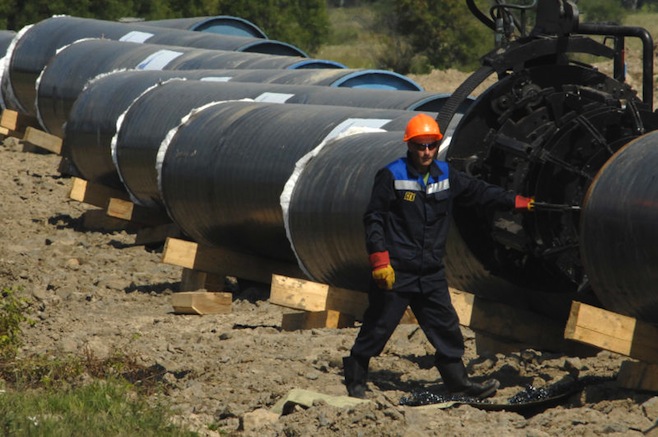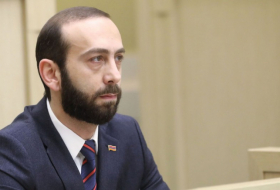He said that Turkey and Russia have rather serious contradictions in the Middle East. As Russia`s involvement in the Syrian conflict rose, its frictions with Turkey inevitably increased, and they will continue to grow further, he said.
The expert believes that in order to diversify the energy supply, it would be rational for Moscow to transport with tankers the gas which will be freed as a result of suspending the transit through Ukraine, in liquefied form.
The share of liquefied natural gas should be taken into account,” he said.
With the same funds to be spent on building the Turkish Stream, Russia can construct terminals for liquefying natural gas in its south, according to the expert.
The expenses can increase several times when supplying the liquefied natural gas, but the political and geopolitical viability of gas exports is more important, according to Remizov.
Russia’s Foreign Minister Sergei Lavrov cancelled his visit to Turkey scheduled for Nov.25. During the talks in Turkey, it was planned to discuss the Turkish Stream project.
The Turkish Stream project initiated by Russia, envisages construction of a gas pipeline from Russia to Turkey through the Black Sea. Initially, it was supposed that the pipeline will consist of four branches with the annual capacity of 15.75 billion cubic meters of gas each.
The gas to be delivered via the first branch is meant completely for the Turkish market, while the rest of the volume will be delivered to the Turkish-Greek border, where it was planned to create a gas hub.
It was also planned to start the pipeline’s construction in June, however, later, it was postponed indefinitely.
More about:
















































